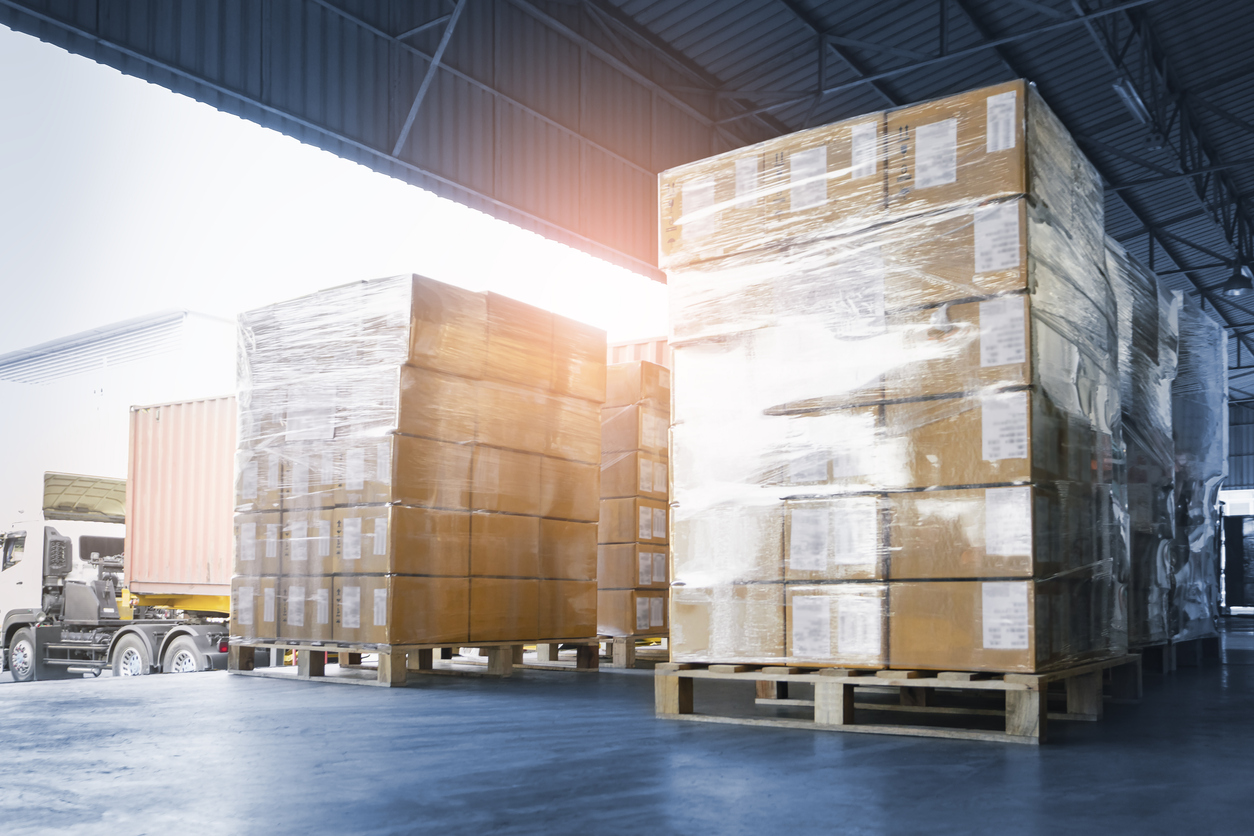Shipping pallets from the UK to Europe is a complex logistical puzzle that demands precision and efficiency.
For British business owners seeking to transport their goods seamlessly across the Channel, partnering with a seasoned freight forwarder is paramount. In this comprehensive guide, we delve into the intricacies of pallet shipping from the UK to Europe, unravelling top tips and best practices. Whether you're dealing with groupage, full loads, part loads, or express freight, the insights and strategies presented here will help you navigate the intricate web of European road freight. Let's embark on this journey towards streamlined pallet shipping.
Mastering the Logistics
Mastering the logistics of pallet freight from the UK to Europe is a multifaceted endeavour, where every detail matters. At the heart of a seamless operation lies the choice of a proficient freight forwarder, and selecting the right partner with years of experience and dedication to precision is crucial.
One of the key attributes that sets a proficient freight forwarder apart is its adaptability. Regardless of cargo size or urgency, whether it's groupage, full loads, part loads, or express freight, such a forwarder has honed its expertise to tailor solutions to unique requirements. This level of flexibility ensures that goods are transported efficiently and cost-effectively, without unnecessary delays or expenses.
Moreover, membership in professional organisations like the British International Freight Association (BIFA) and the International Federation of Freight Forwarders Associations (FIATA) underscores the commitment to adhering to the highest industry standards. These affiliations guarantee that practices align with the best practices and ethics of the global freight forwarding community. When entrusting pallet shipments to a forwarder, you're relying on a company with a proven track record of excellence and integrity.
In the world of international shipping, the choice of transportation mode is critical. Exclusive use of road freight for pallet shipments to Europe presents distinct advantages including cost-effectiveness, especially advantageous for commercial shipments. The ability to consolidate multiple shipments on a single truck maximises efficiency and minimises expenses, a benefit that directly contributes to competitive pricing for businesses.
Additionally, road freight provides a high degree of reliability and consistency in transit times. It allows for direct point-to-point delivery, reducing the complexity often associated with transhipment. With an extensive network of carriers and a meticulous approach to route planning, a proficient forwarder ensures that pallets reach their European destinations with minimal disruptions.
When it comes to mastering the logistics of pallet shipping to Europe, a comprehensive approach is the key to success. From understanding the unique requirements of cargo to navigating the complexities of international borders, expertise is a valuable asset for British businesses. Whether shipping fragile goods that demand special handling or high-value products that require heightened security, a proficient forwarder's comprehensive approach ensures that every aspect of the logistics puzzle is expertly addressed. In an era where precision and efficiency are paramount, partnering with the right freight forwarder is a strategic choice that paves the way for seamless pallet shipping from the UK to Europe.
Efficiency through Technology
In today's digital age, technology plays a pivotal role in streamlining pallet shipping processes. Embracing cutting-edge solutions to optimise operations is essential. Sophisticated tracking systems provide real-time visibility into the movement of your pallets. This technology not only ensures the security of your cargo but also allows you to keep your customers informed about delivery timelines.
Furthermore, route optimisation software, which factors in variables like traffic, border crossings, and road conditions to create the most efficient transport plans, can be a game-changer. This reduces transit times, minimises fuel consumption, and ultimately lowers costs.
For businesses looking to streamline their shipping processes, integrating their systems with technology infrastructure can yield substantial benefits. Automation of booking, documentation, and invoicing processes simplifies administrative tasks, allowing you to focus on core business activities.
Navigating Brexit and Regulatory Compliance
The UK's exit from the EU brought forth a multitude of regulatory changes that impact pallet shipping to Europe. To ensure a smooth transition, companies have stayed ahead of the curve, staying well-versed in the intricacies of post-Brexit regulations.
When shipping pallets from the UK to Europe, businesses must now contend with customs declarations, VAT adjustments, and other bureaucratic hurdles. Assistance is available in navigating this regulatory maze, ensuring compliance with all necessary documentation.
Moreover, they offer valuable insights into optimising your shipments to minimise delays at border crossings. By consolidating shipments, selecting the appropriate customs procedures, and leveraging expertise in European road freight, businesses can maintain an uninterrupted flow of goods.
Conclusion
In the ever-evolving landscape of pallet shipping from the UK to Europe, businesses need partners who specialise in commercial B2B freight and adhere to industry standards. Leveraging technology for efficient tracking and route optimisation, along with proficiency in navigating post-Brexit regulations, ensures compliance and minimises disruptions in the supply chain. For British businesses looking to streamline their pallet shipping processes, a professional and authoritative approach can be a valuable ally in conquering the complexities of European road freight.












